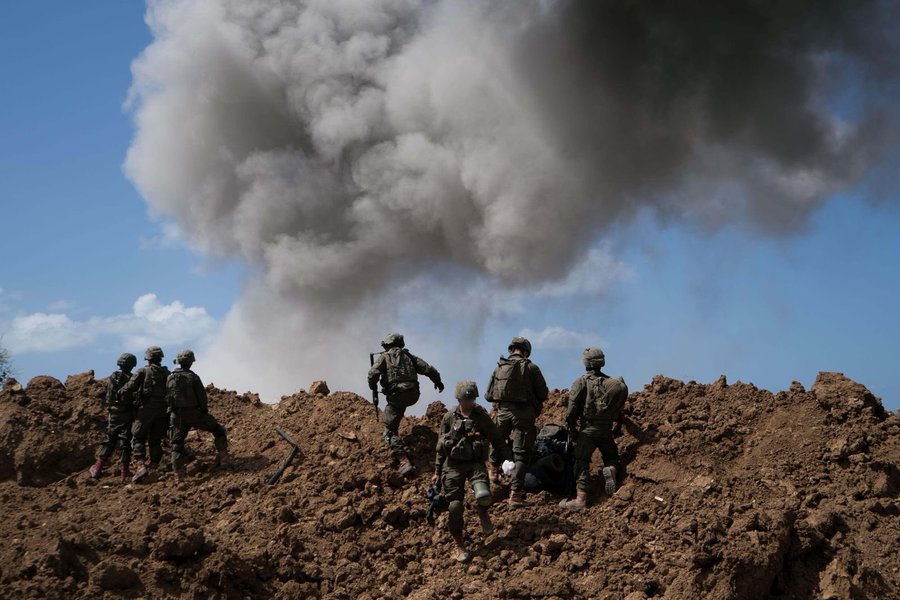Israel must swiftly reassess its military maneuvers in the Gaza Strip to align with the goals outlined by the security cabinet: the safe return of all hostages, the dismantling of Hamas’ governance, and the eradication of its military infrastructure.
Despite past missteps, there remains room for strategic adjustment.
It is evident that two primary errors have marred the course of the conflict: the mass evacuation of northern border residents, leaving them vulnerable to exploitation by Hezbollah, and the failure to seize control of Rafah and the “Philadelphia Corridor” at the outset of hostilities.
The IDF squandered precious time awaiting a decisive directive from the political leadership to occupy key territories such as Rafah, Deir al-Balah, and Nouseirat refugee camps in central Gaza.
A dual-pronged approach, encompassing northern and southern advances culminating in the occupation of the “Philadelphia Corridor,” should have been pursued to swiftly establish control over the Gaza Strip.
Additionally, Israel underestimated the significance attached by the Biden administration and the international community to humanitarian aid access in Gaza.
Proactive measures to expedite aid delivery, initiated by Israel, could have mitigated unnecessary friction on the international stage.
To minimize further harm and achieve strategic objectives, Israel must undertake immediate actions:
- Occupy the Rafah area and secure control over the “Philadelphia Corridor.”
- Seize control of Deir al-Balah and Nouseirat refugee camps in central Gaza.
- Dismantle Hamas’ civilian infrastructure throughout the Gaza Strip and establish a new civil administration.
- Expedite the establishment of a buffer zone along the border to safeguard Israeli settlements.
- Continue the demolition of tunnels within Gaza.
- Formulate a comprehensive post-war strategy and decide on governance arrangements for the Strip.
Hamas leader Yahya Sinwar’s intention to wage guerrilla warfare from tunnels underscores the urgency of developing an alternative governance plan for Gaza.
Failure to do so will perpetuate Hamas’ rule over two million Palestinians, dictating their daily lives to its agenda.
Senior security officials anticipate a prolonged conflict within Gaza, estimating a timeline of up to three years for effective resolution.
Given this prognosis, decisive action regarding Gaza’s future is imperative.
Without a strategic post-war plan, Israel risks resorting to a “scorched earth” policy, inflicting enduring harm.
The political leadership must now determine the Strip’s fate.
Once Israel delineates its objectives for Gaza, the requisite strategies and steps to achieve them can be devised accordingly.
Failure to establish a clear strategy for IDF presence in Gaza risks engendering guerrilla warfare or renewed attrition.
Implementation of the aforementioned steps will fortify Israel’s security posture and underscore its resolve, compelling Hamas to accede to demands and acknowledge Israel’s commitment to lasting stability.




